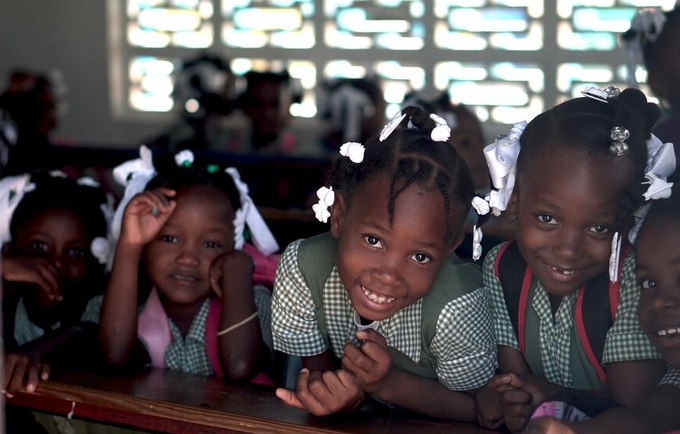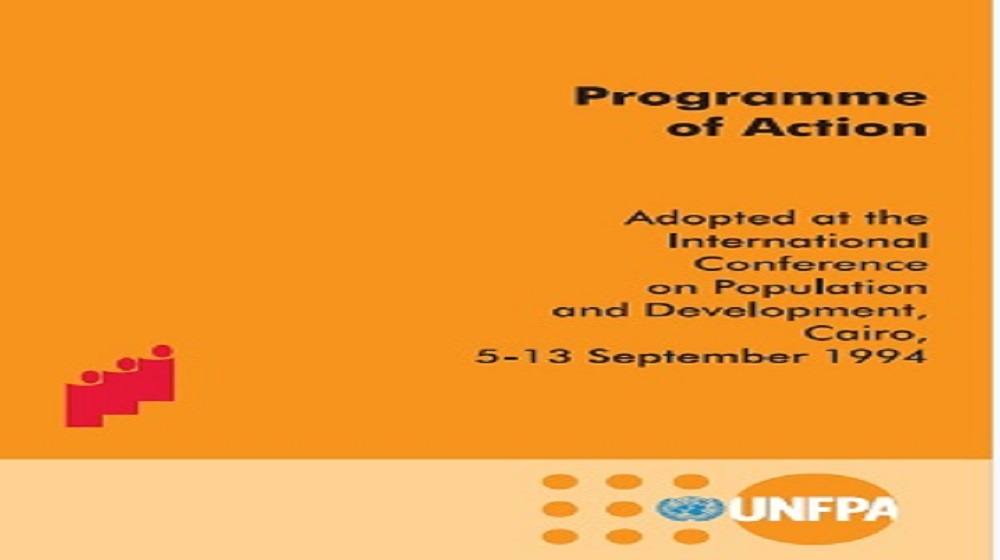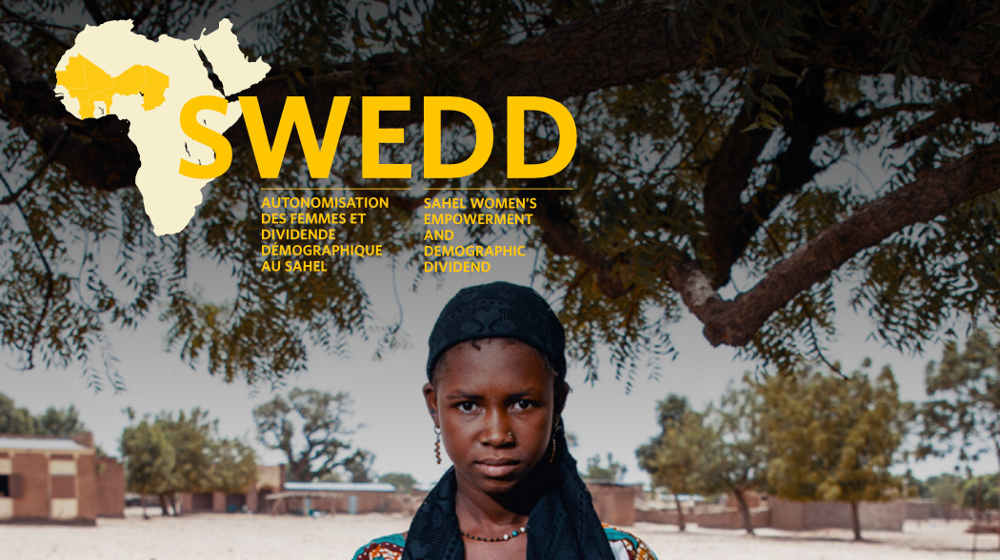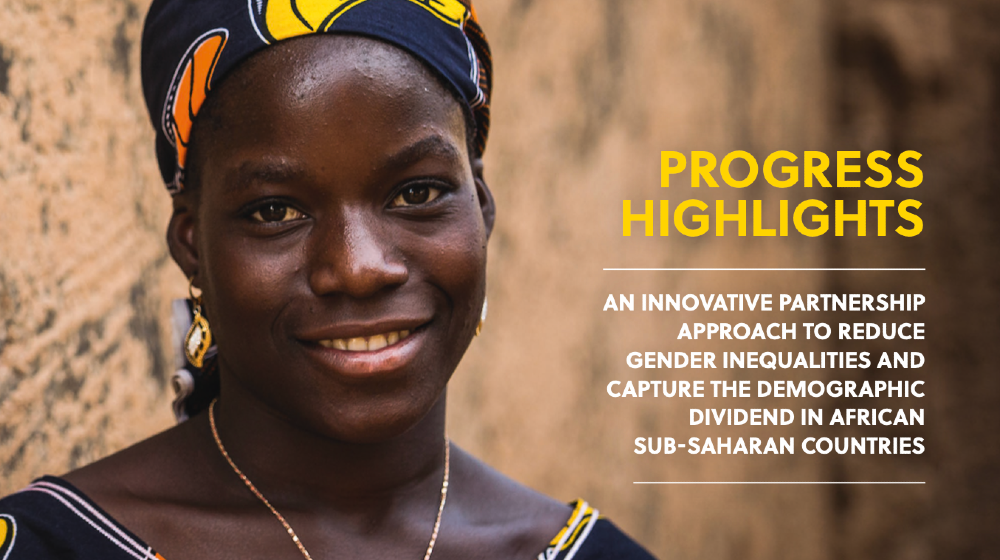On the margins of the United Nations 56th session of the Commission on Population and Development, the Government of Cameroon in collaboration with UNFPA, UNESCO and UNICEF, is organizing a side event on "Keeping girls in school in the context of climate fragility: challenges and impact on sustainable development". This side event will be held on Friday, April 14 2023, from 8:15 am to 9:40 am (EDT) in room CR5 of the United Nations Headquarters in New York and concurrently from 1:15 pm to 2:40 pm (Yaounde time), in the Conference Room of the UNFPA Cameroon Country Office located at Rond-Point Bastos, Yaoundé.
The side event will be co-chaired by Professor Marie-Therese Abena Ondoa, Cameroon's Minister of Women’s Empowerment and the Family and Dr. Julitta Onabanjo, Director of the Technical Division at UNFPA Headquarters.
Discussions will focus on gender equality and challenges faced by girls in a context of climate change. The objective is to identify and draw from best practices already implemented in order to develop the full potential of girls through education, health and social protection policies. This will also be an opportunity to put forward the benefits related to equal access to schooling opportunities for both boys and girls.
The side event will be attended by members of government, directors, representatives of UN agencies, civil society, national institutions in Cameroon and other stakeholders rallied around the cause of the education of the girl child.
Cameroon is a lower middle-income country with well over 25 million inhabitants (2019). The Far North is the region of the country most vulnerable to climatic hazards (extreme heat, floods and droughts) and its agriculture is the most affected, experiencing increase in rain intensity leading to soil erosion, reduced fertility and flooding.
Studies have shown that climate change and other environmental crises have a negative impact on gender equality. These phenomena aggravate the scarcity of sources of income, leading to poverty, displacement, conflict, food insecurity and loss of education all of which contribute to an increase in child and forced marriages. In the most climatically fragile areas, namely the northern regions, 3 out of 4 girls are married before the age of 18. Nationwide, the gender gap in secondary school education is 6% in favor of boys with only 42.5% of girls attaining secondary school education. The largest gap is in the Far North Region, where 5 girls versus 10 boys go to school.
The fragility and worsening of the climatic situation tend to jeopardize the prospects for girls' empowerment and schooling. Thus, this requires a collective, strategic and sustainable response from the Government and its partners by addressing the root causes.
Significant efforts have already been made; the country is presently running a multi-sectoral analysis of its disaster risk management capacities. With the support of development partners such as UNFPA, UNESCO and UNICEF, Cameroon is implementing key interventions which are critical to strengthening the educational system and the empowerment of girls in the face of environmental and demographic challenges.
Ongoing initiatives in the country include the Sahel Women's Empowerment and Demographic Dividend (SWEDD) and "Education Cannot Wait" projects to accelerate progress towards the 2030 Agenda and in particular SDG 4 and 5- on Quality education and Gender Equality, respectively.
Media contacts: Kelly Mambou | Communication Expert | UNFPA Cameroon | email: mambou@unfpa.org
Telephone: 237 691 716 543




